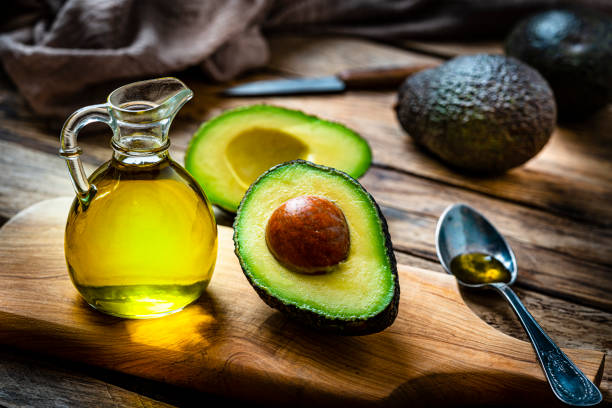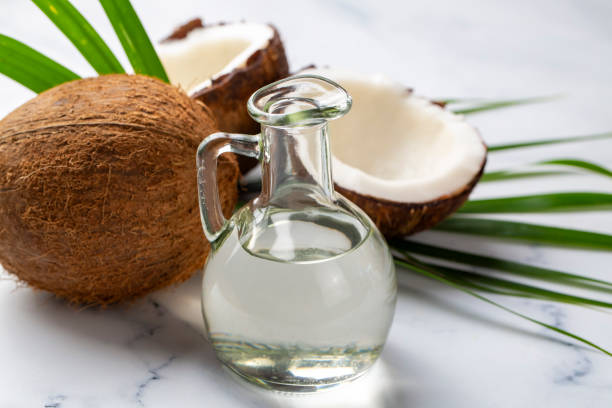Which Types of Dietary Fats Are Healthiest?
A Guide to the Best Sources of Healthy Fats for Well-being
In recent years, public awareness about the role of fats in a healthy diet has increased significantly. Unlike the past, when fats were generally viewed as harmful, today we understand that the type of fat consumed plays a critical role in heart health, brain function, and metabolic performance. In this article, we’ll explore some of the best sources of healthy fats—and identify which fats to avoid.


Avocado Oil: A Blend of Flavor and Health
Avocados are a natural source of healthy fats, and avocado oil is packed with oleic acid, vitamin E, and anti-inflammatory compounds. It has a high smoke point, making it great for cooking.
Ideal for light frying and sautéing
Supports absorption of fat-soluble vitamins
Promotes skin and eye health
Extra Virgin Olive Oil: The Mediterranean Liquid Gold
Extra virgin olive oil is one of the healthiest plant-based fats, widely used in the Mediterranean diet. It’s rich in oleic acid (a monounsaturated fat) and powerful antioxidants such as polyphenols. Its benefits include:
Reducing inflammation
Supporting cardiovascular health
Enhancing brain function
Important Note: To gain the full benefits, choose high-quality extra virgin olive oil and consume it raw or at low temperatures.


Butter and Ghee: Traditional Choices with Nutritional Value
Butter and ghee (clarified butter, known as “Kermanshahi oil” in Iran) are animal-based fats that can be rich in fat-soluble vitamins (A, D, E, K) and butyric acid—especially when sourced from grass-fed animals.
Ghee contains less lactose and casein than butter
Highly stable at high temperatures
Ideal for traditional cooking
Coconut Oil: A Unique and Controversial Option
Coconut oil contains medium-chain triglycerides (MCTs), which are rapidly metabolized and used by the body for energy. Although classified as a saturated fat, moderate consumption may offer some benefits.
Provides quick energy
Has antibacterial and antifungal properties
Suitable for light cooking and skin/hair care
Caution: Due to its high saturated fat content, it should be consumed in moderation.


Fish Oil & Omega-3s: Essential Fats for Brain and Heart
Oils from fatty fish such as salmon, sardines, and mackerel are rich in omega-3 fatty acids. These essential fats play a vital role in brain health, reducing triglycerides, and fighting inflammation.
Recommended intake: 2–3 servings of fatty fish per week
Or high-quality omega-3 supplements, under medical guidance
Unhealthy Fats: Avoid Industrial Seed Oils
Unlike the beneficial fats above, industrial seed oils like sunflower, corn, canola, and soybean oil are often imbalanced in their omega-6 to omega-3 ratio. Excessive intake may contribute to chronic inflammation.
Extracted through industrial heat-based methods
Unstable at high heat
Linked to metabolic disorders with long-term use
When it comes to dietary fat, quality and source matter. Natural fats with minimal processing—especially those derived from healthy plant and animal sources—can play a vital role in promoting overall health. For optimal results, aim for a balanced and varied intake of good fats in your daily nutrition.

No comment